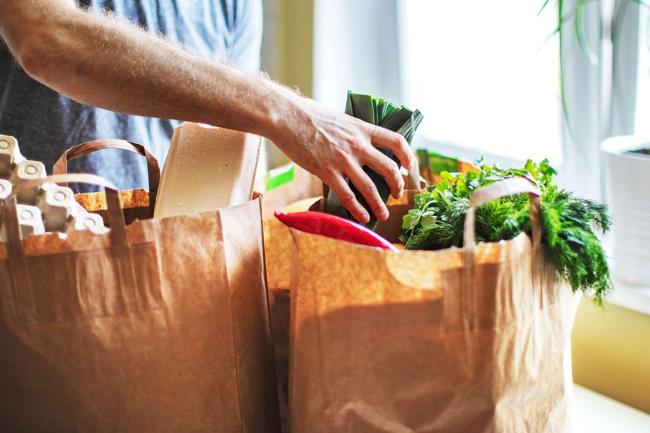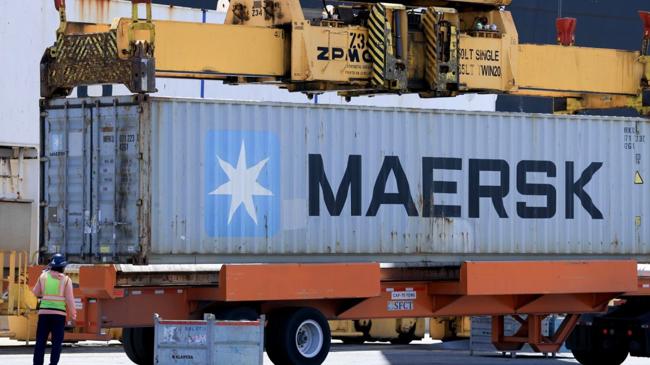Summary
The Lagos State government has disclosed that it shut down 35 supermarkets between January and April this year for selling expired products.
Source: The Guardian Nigeria

AI News Q&A (Free Content)
Q1: What prompted the Lagos State government to shut down 35 supermarkets between January and April 2024?
A1: The Lagos State government closed 35 supermarkets in early 2024 after discovering these outlets were selling expired products to consumers. The action was part of a broader effort to protect public health and enforce consumer rights, resulting in the refund of N175 million to affected customers. This regulatory move aimed to ensure supermarkets maintain proper standards for food safety and product quality.
Q2: How does the presence of supermarket chains like Shoprite, Spar, and FoodCo affect consumer access to safe groceries in Nigeria?
A2: Supermarket chains such as Shoprite, Spar, and FoodCo have expanded organized retail in Nigeria, providing consumers with wider access to groceries under regulated environments. These chains often have stricter quality control measures compared to informal markets, reducing the risk of expired or unsafe products reaching consumers. However, the recent closures in Lagos highlight that even major chains must continually adhere to safety standards to maintain consumer trust.
Q3: What are the most recent technological innovations being adopted by Nigerian supermarkets to improve food safety and supply chain management?
A3: Nigerian supermarkets are increasingly adopting digital technologies such as mobile applications, AI-driven supply chain monitoring, and blockchain for product tracking. For example, the Sell Harvest mobile application has been proposed to strengthen supply chains and ensure food security by connecting farmers and retailers directly, reducing the chances of expired products entering the market. Automation and real-time inventory management are also contributing to safer and more efficient supermarket operations.
Q4: What challenges do supermarkets in Nigeria face in adopting new technologies for food safety and e-services, according to recent scholarly research?
A4: Recent research identifies several barriers, including unstable economic conditions, infrastructural deficits, and limited digital literacy among staff and consumers. These challenges hinder the effective implementation of e-services and advanced technologies in Nigerian supermarkets. Overcoming these obstacles requires investment in digital infrastructure and comprehensive staff training to ensure technology adoption leads to tangible improvements in food safety and service delivery.
Q5: How do Nigerian consumers make purchasing decisions in supermarkets during periods of inflation, based on recent academic studies?
A5: Academic studies show that during inflationary periods, Nigerian consumers become more price-sensitive, often prioritizing essential items and seeking discounts, promotions, or lower-priced alternatives. Scanner big data and predictive analytics help supermarkets forecast these behavioral shifts, allowing them to adjust pricing strategies and stock levels to better meet consumer demand while maintaining profitability.
Q6: What role does mobile payment technology play in Nigerian supermarkets, and what factors influence its acceptance among consumers?
A6: Mobile payment technology is gaining traction in Nigerian supermarkets, simplifying transactions and enhancing customer convenience. Key factors influencing its adoption include perceived ease of use, trust in the system, social influence, and network effects. As smartphone penetration increases, supermarkets integrating secure and user-friendly mobile payment options are likely to attract more tech-savvy shoppers and streamline their operations.
Q7: What economic impact did the closure of 35 supermarkets in Lagos have on the local retail sector and consumers?
A7: The closure of 35 supermarkets in Lagos disrupted the retail sector, leading to temporary shortages and potential price increases in affected neighborhoods. However, the refund of N175 million to customers helped mitigate consumer losses and reinforced the government's commitment to protecting buyers. In the long term, such regulatory actions are expected to prompt supermarkets to improve compliance, ultimately benefiting both the retail sector and consumers through safer shopping environments.
References:
- List of supermarket chains in Nigeria, https://en.wikipedia.org/wiki/List_of_supermarket_chains_in_Nigeria





